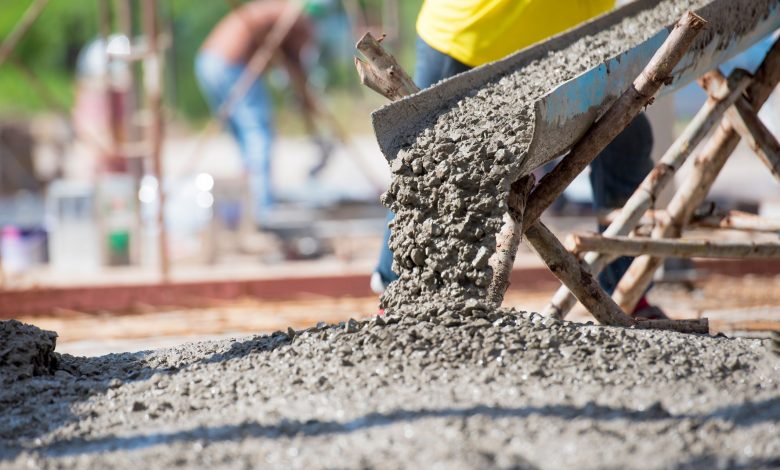
Concrete is the most used constructing material. Concrete is a primary substance that aids in the strength of any structure’s foundation. Because of its power and durability, it is the primary factor that enters into thoughts while considering building systems consisting of roads, residential or industrial buildings, or dams. domestic concrete is available in numerous forms, inclusive of water-resistant concrete and lightweight concrete, every of which is designed to fulfill a particular purpose.
Variety
There are a variety of concrete manufacturing businesses that can advise you on the different types of concrete and which one is best for your project. To ensure that the concrete is durable, it should always be of the highest quality. Aside from that, storms, severe snowfall, earthquakes, tornadoes, hurricanes, and high-frequency vibrations are all-natural threats that concrete tends to withstand. It is also the only non-toxic and highly fire-resistant material. It may keep a fire going for hours until the bricks get too hot to grasp. It provides a cooling effect and does not conduct heat or cold, making it an excellent choice for any type of building application.
Domestic Concrete Services:
Volumetric concrete plays a particularly vital function in residential constructions. Houses, where the elderly and children live, are known as residential structures. As a result, for a house to be a secure location for people to live in, it must have a strong foundation as well as robust construction. Concrete is preferr because it is low-maintenance. It also has beneficial characteristics for the home, such as sound resistance.
How to Test Concrete?
A variety of tests are use to evaluate the quality and strength of domestic concrete. To assure concrete uniformity, the slump test is use. In laboratories, test cubes are use to determine whether the cured concrete has met the design strength requirements. The elasticity of concrete is teste using a rebound hammer test. The amount of stress or strain on concrete is then measure to evaluate if it can withstand natural disasters. One of the most significant tests is the vibration test. It’s use to test whether the concrete can endure a lot of vibrations. Concrete’s strength is determine by this test. Then there’s the pull-out test and penetration test. All of these test are carry out to guarantee that the type of concrete to be use complie with the require specification and will not cause any problem.
Use as per Requirements!
As previously said, various types of concrete are available on the market to meet a variety of needs. As a result, each form of concrete should be use for the specific purpose for which it was create. For example, lightweight concrete should not and cannot be used to construct a building’s primary structure because it was not designed for this purpose and could lead to the structure’s collapse. Domestic concrete is use to build highways, barracks, pavements, slabs, concrete closets, and other structures, in addition to homes and businesses. When it comes to usage, the differences are even more pronounced. The rock aggregates in the combination, which include water and cement, are more solid and long-lasting as the roads and dams are subject to steady pressure. Dams hold a lot of water in their walls, while roads can withstand a lot of traffic.